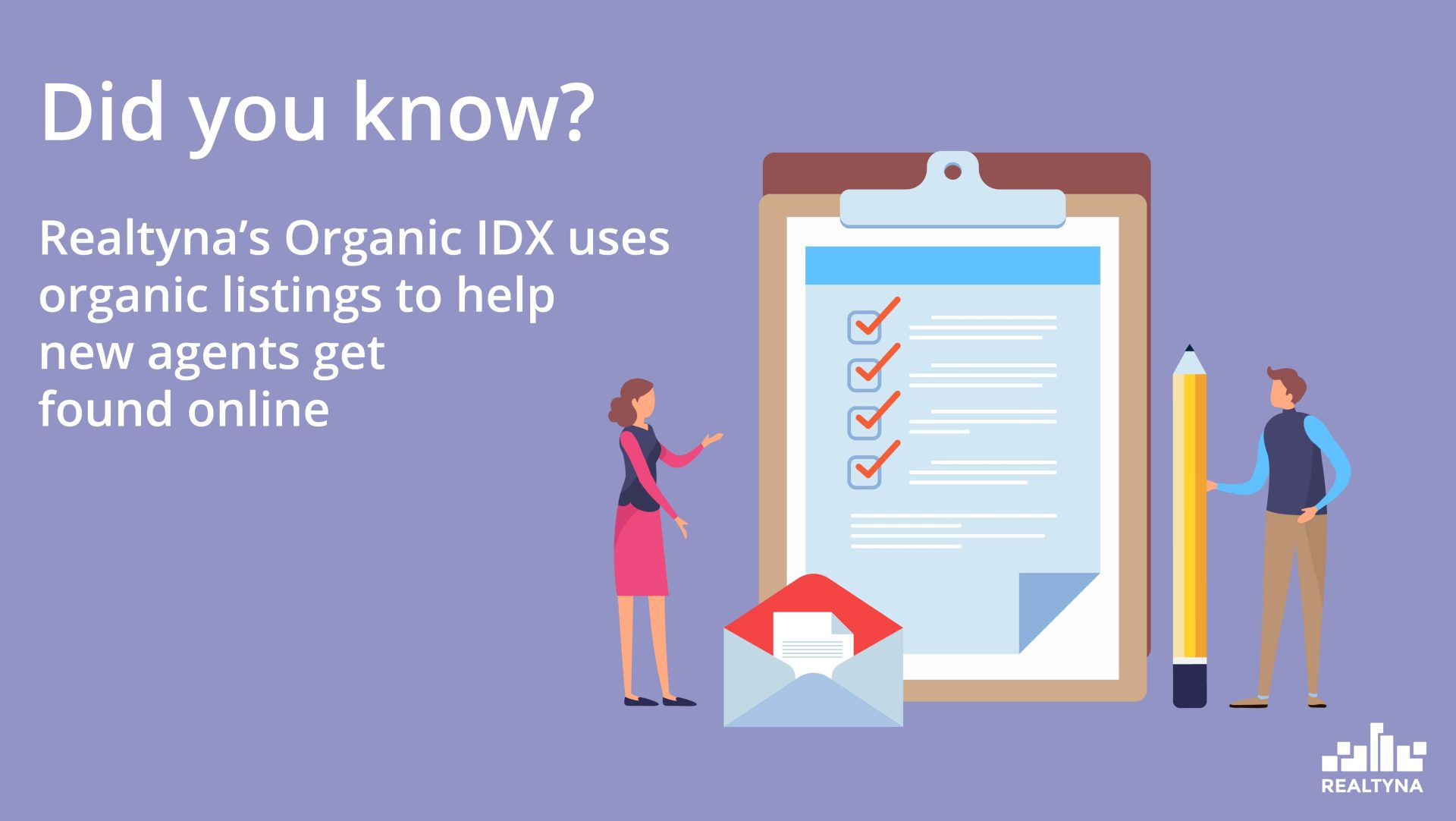
You can become a licensed appraiser in many different ways, regardless of whether you are looking for a new career direction or to improve your existing one. Understanding the basics of appraisal licensing and how to get one in your state is the first step.
How to Get an Appraisal Certificate
To obtain a real estate appraiser license, you must complete education and work experience. You may also need to pass an exam in some states before you can obtain your license. This takes a lot of dedication and hard work, so make sure to put in the effort to study for your exam.
How to Train as an Appraiser Trainee
To become an appraiser trainee, you must take an introductory course in real estate valuation and find a certified appraiser to mentor you through your apprenticeship. This person will serve as your supervisor during your apprenticeship and document any work that you complete. Once you've completed your coursework you will find your supervisor and begin to complete your 1000 hours work experience.

How to Become A Residential Appraiser Licensed
The Licensed Residential Appraiser license requires that you have at the very least an associate degree or completed college-level courses. In addition, you need at least two years' acceptable appraisal experience. You can complete your courses through a school or an online program that covers the required topics and gives you the flexibility to study at home.
How to become a Certified Residential Appraiser
You must hold a minimum of an associate's or bachelor's level degree from an accredited college, or a certificate from a real estate school online to be eligible for a residential appraiser license. Although you can choose to specialize in commercial or residential properties, you may need an upgrade to your license to be qualified to appraise larger and better-valued properties.
How to be a General Appraiser
You must have at most one year experience as a residential appraiser to be eligible for a certification general appraiser license. The exam tests your knowledge and ability to practice real estate appraisal theory. You may also choose to focus your attention on commercial or mixed use properties. These properties are usually more complex than residential.
How to become a Real Estate appraiser
You can work for a company as a licensed appraiser or start your own business. This can help you earn a higher income and make it easier to find clients.

How to get paid as an appraiser
An appraiser works on a commission basis. This means that your income is dependent on the number and quality of clients you have. You can find work through local real estate agents or through referrals.
How to Become an Independent Appraiser
To be a licensed real-estate appraiser you must find your own clients. You can also work remotely from home. This can be challenging at first, but it can eventually lead to more independence and a more lucrative career.
FAQ
Can I get a second loan?
Yes, but it's advisable to consult a professional when deciding whether or not to obtain one. A second mortgage is often used to consolidate existing loans or to finance home improvement projects.
Is it better buy or rent?
Renting is generally cheaper than buying a home. However, you should understand that rent is more affordable than buying a house. There are many benefits to buying a home. For instance, you will have more control over your living situation.
What should I be looking for in a mortgage agent?
A mortgage broker assists people who aren’t eligible for traditional mortgages. They compare deals from different lenders in order to find the best deal for their clients. There are some brokers that charge a fee to provide this service. Others offer free services.
Statistics
- Based on your credit scores and other financial details, your lender offers you a 3.5% interest rate on loan. (investopedia.com)
- This means that all of your housing-related expenses each month do not exceed 43% of your monthly income. (fortunebuilders.com)
- Some experts hypothesize that rates will hit five percent by the second half of 2018, but there has been no official confirmation one way or the other. (fortunebuilders.com)
- Over the past year, mortgage rates have hovered between 3.9 and 4.5 percent—a less significant increase. (fortunebuilders.com)
- It's possible to get approved for an FHA loan with a credit score as low as 580 and a down payment of 3.5% or a credit score as low as 500 and a 10% down payment.5 Specialty mortgage loans are loans that don't fit into the conventional or FHA loan categories. (investopedia.com)
External Links
How To
How to Manage a Rental Property
It can be a great way for you to make extra income, but there are many things to consider before you rent your house. We'll help you understand what to look for when renting out your home.
Here's how to rent your home.
-
What is the first thing I should do? Consider your finances before you decide whether to rent out your house. If you are in debt, such as mortgage or credit card payments, it may be difficult to pay another person to live in your home while on vacation. Check your budget. If your monthly expenses are not covered by your rent, utilities and insurance, it is a sign that you need to reevaluate your finances. It may not be worth it.
-
How much will it cost to rent my house? The cost of renting your home depends on many factors. These include factors such as location, size, condition, and season. Keep in mind that prices will vary depending upon where you live. So don't expect to find the same price everywhere. The average market price for renting a one-bedroom flat in London is PS1,400 per month, according to Rightmove. This would translate into a total of PS2,800 per calendar year if you rented your entire home. This is a good amount, but you might make significantly less if you let only a portion of your home.
-
Is it worth the risk? There are always risks when you do something new. However, it can bring in additional income. Be sure to fully understand what you are signing before you sign anything. You will need to pay maintenance costs, make repairs, and maintain the home. Renting your house is not just about spending more time with your family. Make sure you've thought through these issues carefully before signing up!
-
Is there any benefit? It's clear that renting out your home is expensive. But, you want to look at the potential benefits. You have many options to rent your house: you can pay off debt, invest in vacations, save for rainy days, or simply relax from the hustle and bustle of your daily life. Whatever you choose, it's likely to be better than working every day. If you plan ahead, rent could be your full-time job.
-
How can I find tenants After you have made the decision to rent your property out, you need to market it properly. Online listing sites such as Rightmove, Zoopla, and Zoopla are good options. You will need to interview potential tenants once they contact you. This will help to assess their suitability for your home and confirm that they are financially stable.
-
How can I make sure I'm covered? If you are worried about your home being empty, it is important to make sure you have adequate protection against fire, theft, and damage. You will need to insure the home through your landlord, or directly with an insurer. Your landlord will likely require you to add them on as additional insured. This is to ensure that your property is covered for any damages you cause. This doesn't apply to if you live abroad or if the landlord isn’t registered with UK insurances. In these cases, you'll need an international insurer to register.
-
Sometimes it can feel as though you don’t have the money to spend all day looking at tenants, especially if there are no other jobs. It's important to advertise your property with the best possible attitude. You should create a professional-looking website and post ads online, including in local newspapers and magazines. You'll also need to prepare a thorough application form and provide references. Some people prefer to do everything themselves while others hire agents who will take care of all the details. It doesn't matter what you do, you will need to be ready for questions during interviews.
-
What should I do once I've found my tenant? If there is a lease, you will need to inform the tenant about any changes such as moving dates. If this is not possible, you may negotiate the length of your stay, deposit, as well as other details. While you might get paid when the tenancy is over, utilities are still a cost that must be paid.
-
How do I collect the rent? When the time comes for you to collect the rent you need to make sure that your tenant has been paying their rent. You will need to remind your tenant of their obligations if they don't pay. Any outstanding rents can be deducted from future rents, before you send them a final bill. If you're struggling to get hold of your tenant, you can always call the police. The police won't ordinarily evict unless there's been breach of contract. If necessary, they may issue a warrant.
-
How do I avoid problems? While renting out your home can be lucrative, it's important to keep yourself safe. Consider installing security cameras and smoke alarms. Also, make sure you check with your neighbors to see if they allow you to leave your home unlocked at night. You also need adequate insurance. Finally, you should never let strangers into your house, even if they say they're moving in next door.